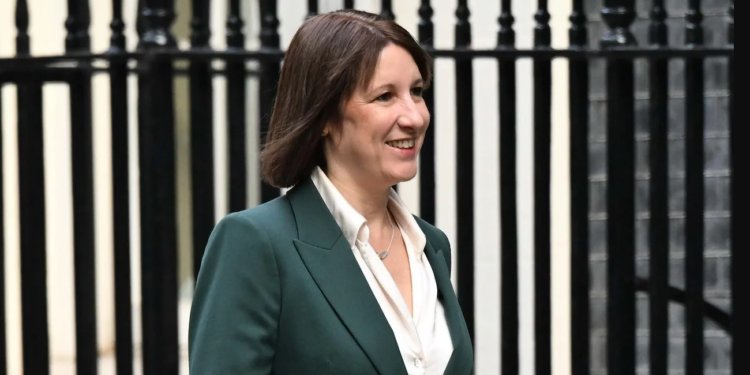Public sector gold-plated pensions will be shielded from Rachel Reeves’s plans to mount a tax raid on employers’ pension contributions, while those in the private sector face lower wages and less money in retirement. The Times has the story.
The Chancellor is expected to use her budget on October 30th to announce plans to impose national insurance on employers’ pension contributions as she seeks to balance the books. The measure is expected to raise £15.4 billion.
However, the Treasury will reimburse public sector employers, including the NHS and Government departments, because otherwise they would have to make significant cuts to their budgets, the Times has been told.
It would cost the Government an estimated £5 billion, which means that the rise will fall entirely on businesses and, ultimately, private-sector workers. Experts said that employees would have less generous pensions and companies could also absorb costs by reducing future pay rises.
Worth reading in full.
According to the Telegraph, experts have criticised the “outrageous” move, which will only deepen the gulf between private sector pensions and the much more generous public sector schemes.
Last week it was revealed that the Chancellor will have to find more than £900m for the U.K.’s ever-ballooning public sector gold-plated pensions bill.
Public sector workers still receive salary-linked pensions that increase in line with inflation every year, while these retirement deals were found to be unaffordable in the private sector long ago. Instead, private sector workers are now only guaranteed pension contributions from their employer worth 3% of their salary.
Former pensions minister Baroness Ros Altmann said: “If the public sector cannot cope with imposing National Insurance contributions on pensions then that is a clear indication that all employers would also struggle and this change should not be imposed at all.”
Employers pay National Insurance (NI) of up to 13.8% on employee earnings, but salary paid into a pension is tax-free.
Applying the full 13.8% rate to employer pension contributions would raise around £17bn a year for the Treasury, according to the Institute for Fiscal Studies.
Although the cost of the policy falls on employers rather than their employees, experts have previously warned workers would indirectly suffer as companies cut back on generous pension schemes.
“Starmer is sacrificing us all to protect the pampered public sector,” says Sam Brodbeck. “The unions are flexing their muscles and have Labour over a barrel. Expect more bungs to come.”











To join in with the discussion please make a donation to The Daily Sceptic.
Profanity and abuse will be removed and may lead to a permanent ban.